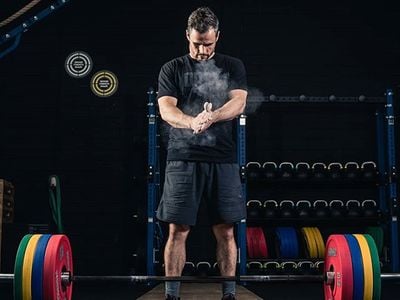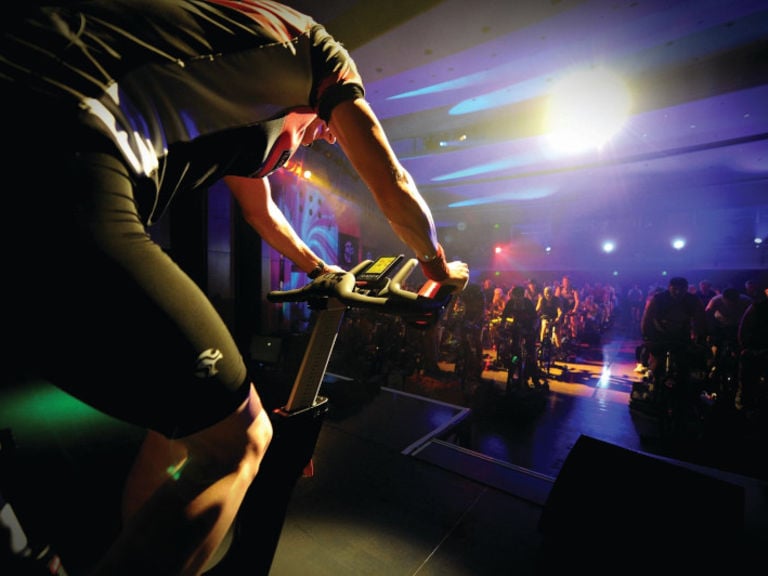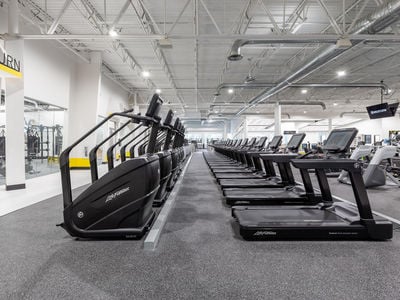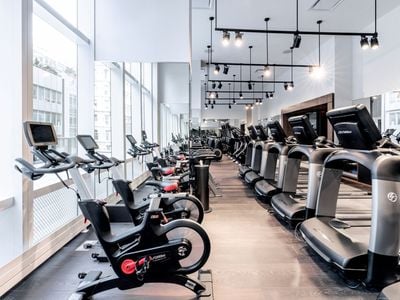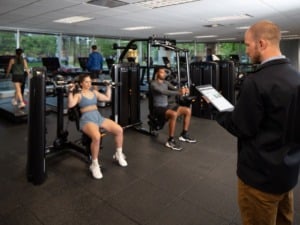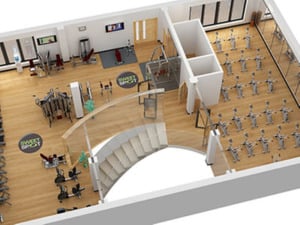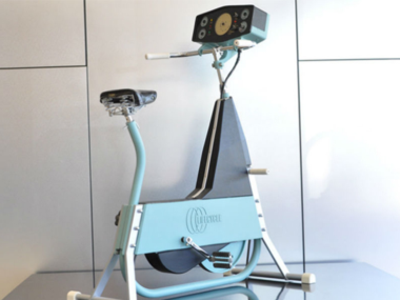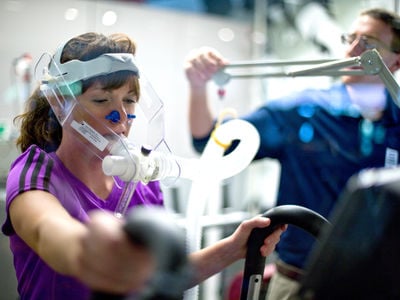An exercise program improved physical and cognitive outcomes for senior patients.
A new study from Canada has shown that exercise can reduce falls in high-risk seniors.
Research carried out at the Falls Prevention Clinic at Vancouver General Hospital demonstrated that seniors who had previously experienced falls benefited both physically and cognitively from exercise.
“It is well known that exercise benefits older people in general, but what was special about this study group was that they are at very high risk for losing their independence–they had both mobility and cognitive impairments and another fall may mean the inability to live in their own homes,” said Dr. Teresa Liu-Ambrose, a lead author on the study.
“Older adults who experience falls that require medical attention falls are medically complex and at high risk for both morbidity and mortality, and we demonstrated that exercise is a practical and cost-effective intervention that can improve older peoples’ outcomes after a significant fall,” added Dr. Liu-Ambrose
The study
Researchers took 345 patients, all above 70 and with a history of falls, and divided them into two groups. Each group had an in-home program to follow.
The experimental program consisted of strength and balance training exercises delivered by a physical therapist. The patients used simple exercise equipment, including free weights, at least three times a week.
The control group had a program of usual care, as well as fall prevention care provided by a geriatrician.
The physical therapist also made regular home visits to ensure patients were completing the exercises properly.
These programs were delivered for 12 months.
The results showed that the exercise group significantly reduced their rate of subsequent falls compared to the control group. They were less likely to experience repeat falls and had better strength and balance.
Added benefit
In addition, the exercise group also saw a small improvement in cognitive function, which is also a benefit when it comes to reducing falls.
“When we think about falls we often think about loss of muscle strength and poor balance,” said Dr. Liu-Ambrose. “However, the ability to remain upright and not fall is also dependent on cognitive abilities — calculating how far to lift your foot to get over a curb, making a decision as to when to cross the road, and paying attention to your physical environment while you are having a conversation.’
These results are significant also because it shows that not only does exercise prevent falls, it reduces falls in people who have previously experienced them. That is, the more at-risk patients.
“Older adults who experience falls that require medical attention falls are medically complex and at high risk for both morbidity and mortality, and we demonstrated that exercise is a practical and cost-effective intervention that can improve older peoples’ outcomes after a significant fall,” said Dr. Liu-Ambrose.
The study has been published in the Journal of the American Medical Association.
Reference
Liu-Ambrose T., et al. (2019.) ‘Effect of a Home-Based Exercise Program on Subsequent Falls Among Community-Dwelling High-Risk Older Adults After a Fall: A Randomized Clinical Trial.’
JAMA. 2019;321(21):2092–2100. doi:10.1001/jama.2019.5795




